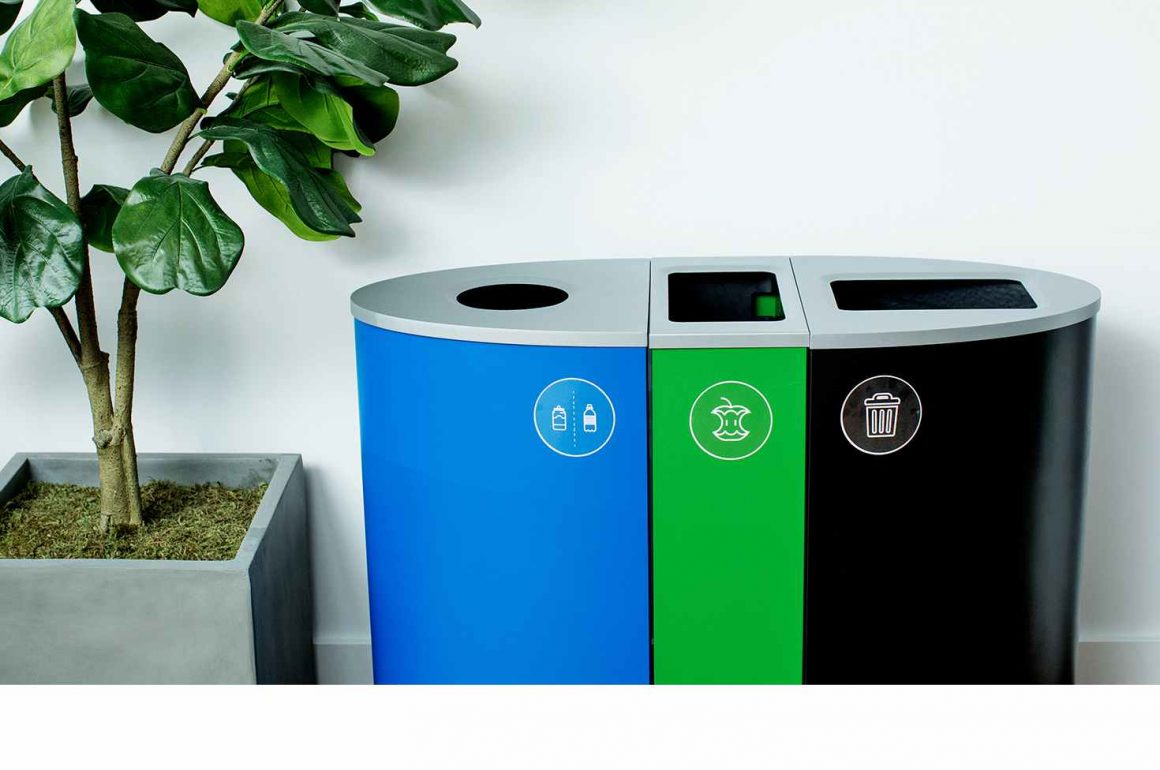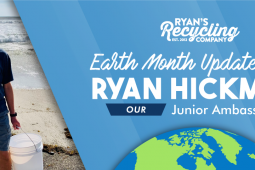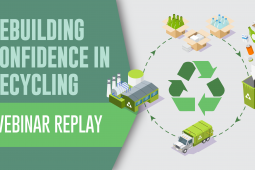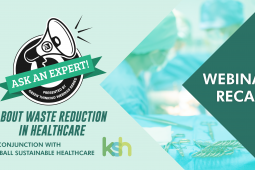When thinking about waste, it is generally thought that all waste is deposited into a landfill. In reality, the waste our world produces is usually divided up into categories of waste, recycling, and organic waste. Conducting and interpreting a waste audit allows for a more thorough understanding of what makes up an organization’s complex waste profile.
Official Definition of a Waste Audit:
A waste audit is a thought-out process that is used to determine the amount and types of waste produced by a company. Completing a waste audit will provide valuable information that will benefit the company in many ways.
How Does A Waste Audit Benefit Your Company?
In Ontario, Canada, it is required for certain types of companies to perform waste audits within 6 months of the company start-up, or within 6 months of the regulation being imposed on said business. With all the benefits that a waste audit can provide, it is something that any company can implement. Waste audit data can determine how a company can reduce waste, determine the effectiveness of the Waste management strategies currently in place, and identify any need for implementing new strategies.
In addition to these benefits, waste audits can help determine the effectiveness of a company by monitoring trends or even help the company save money. A perfect example of this would be how waste audits provide the ability as a company to reevaluate purchasing in order to buy less of what’s being wasted or identifying valuable recyclables that can be sold.
Audits can be used to measure a company’s success. When an audit is completed it can be used as a benchmark against future improvements. After completing a few audits, companies will be able to see trends and discover other areas of improvement.
With the amount of helpful information that can come out of an audit, it can be an exciting opportunity for a business! When a company completes a waste audit, it gives them a sense of openness to the public. It shows that a company is taking responsibility for the waste they generate. This allows consumers to be aware of the initiatives they are taking to improve their Waste programs. This is one of the first steps for a company to become a sustainable business.
Waste Diversion And Reduction Plans
Waste audits and Waste diversion plans go hand in hand. Waste diversion is the process of redirecting materials to reprocessing facilities such as Recycling and composting centers instead of to the Landfill. With waste diversion, the only clear way to see progress in waste management is by monitoring Landfill levels over the years. Waste audits help with diversion because waste products are separated into certain groups such as recycling, waste, and compost during an audit. When materials are divided, it allows a company to identify what their options are to divert the waste and to track improvements in diversion rates over time.
When a company is developing a Waste management program, they should consider both Waste diversion and Waste reduction plans. Waste reduction has 3 possible options to help reduce waste, commonly known as the 3 R’s.
Reduce
See if there are any ways to stop certain wastes from being produced in the first place
Companies can attempt to reduce packaging on products, or even implement something as simple as eliminating plastic water bottles in the workplace.
Reuse
Finding creative purposes for items otherwise headed to the Landfill or Recycling facilities
Use an old work boot as a plant pot.
Recycle
Arranging for unwanted materials to be sent to facilities to be broken down and reprocessed into new products
—
Curbside collection of plastic being recycled to make new containers for recycling collection
waste audits, waste diversion, and waste reduction are all important factors for a business to consider when creating a Waste management plan. All of these options are healthy to consider helping our environment! Completing one of these 3 tasks is a step in the right direction for any company to become responsible for their waste.











